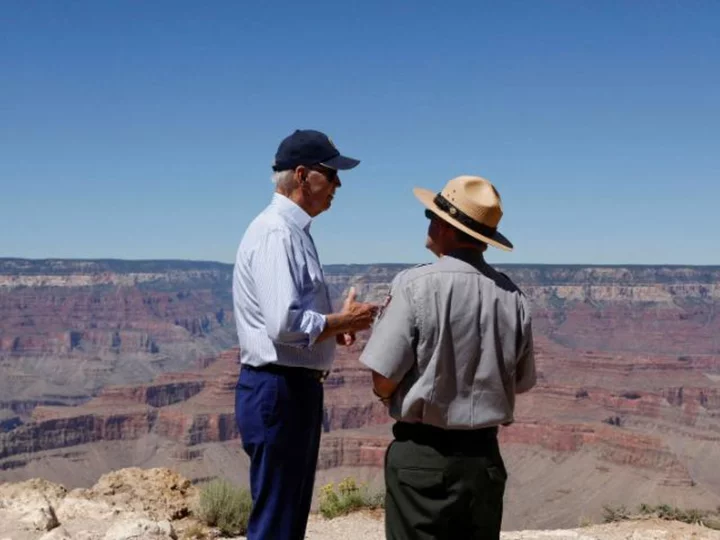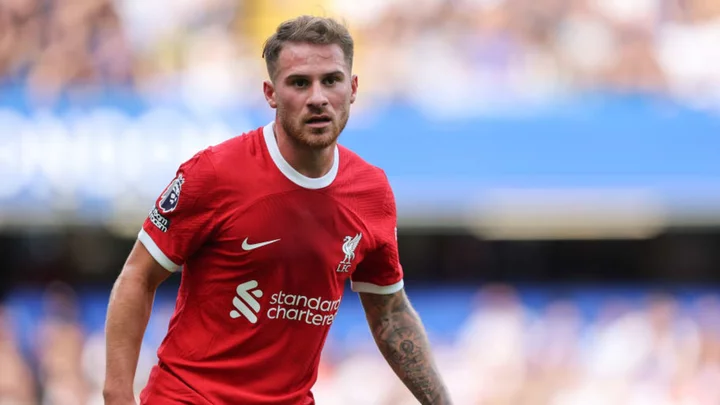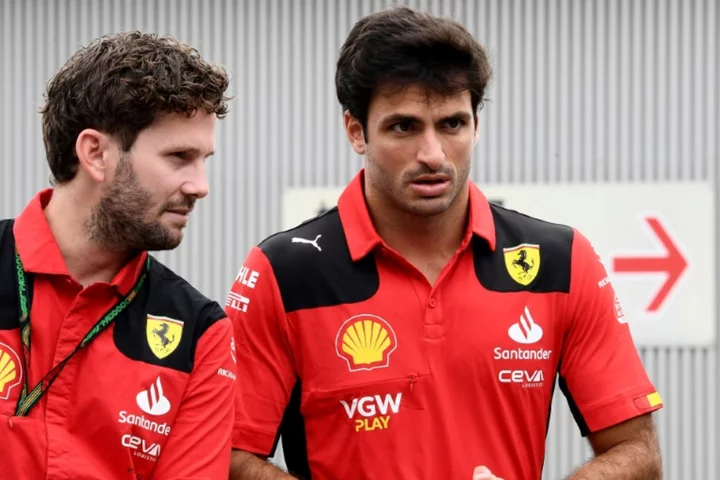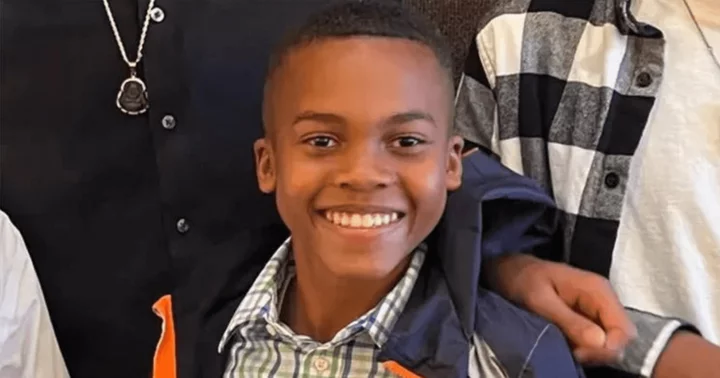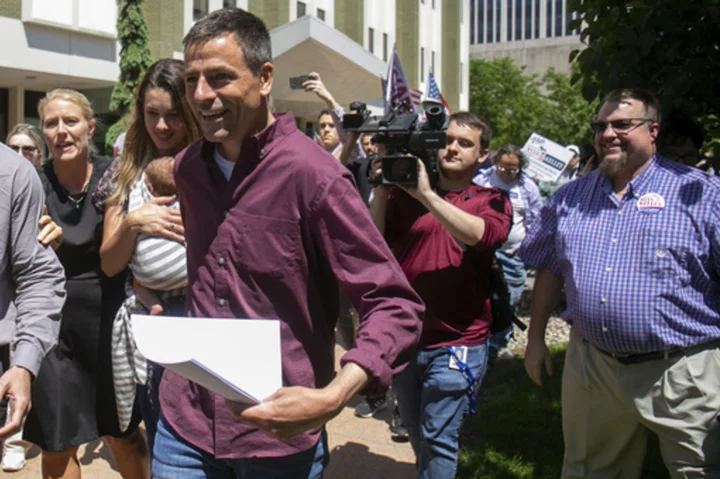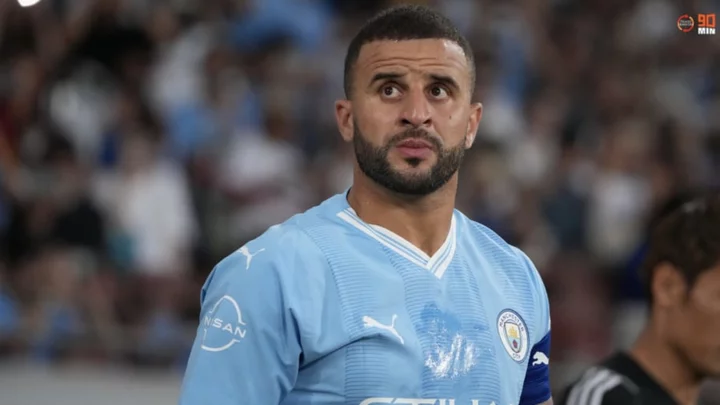As President Joe Biden touts his environmental record this week in the West -- designating a new national monument at the Grand Canyon and highlighting legislative accomplishments like the Inflation Reduction Act -- the US Department of Justice is waging a legal battle over whether a landmark youth climate lawsuit should even be allowed to go to trial.
The case, Juliana v. United States, is a constitutional climate complaint first brought in 2015 by a group of 21 young people who are now aged 15 to 27. It argues that by continuing to burn planet-warming fossil fuels, the federal government is harming this young generation's constitutionally provided rights to life, liberty and property.
An appeals court struck down the case in 2021, but it has recently been given new life after a federal judge in Oregon ruled an amended case from the youth plaintiffs could proceed to trial.
Constitutional climate cases are proceeding in several states, but the Juliana case could be the first federal case to go to trial, if it can make it past the Biden DOJ's opposition. In a series of recent court filings, the federal government is arguing that instead of going to a trial, the case should move back to an appeals court.
"It's the worst kind of sequence because you don't elaborate the facts in a court of law," Mary Wood, an environmental law professor at the University of Oregon School of Law, told CNN, adding a trial is a "very important, crucial step in our litigation process."
"The world will be looking at this case, that's for sure," Wood said.
Much like the Trump and Obama administrations, Biden's Department of Justice is arguing that the previous appeals court ruling found the youth plaintiffs have no legal standing, and the case shouldn't make it inside a courtroom at all.
In court filings, the DOJ has argued there is no federal public trust doctrine that creates a right for a stable climate system for US citizens, and that the government can't be held liable for harm to the entire Earth's atmosphere.
"The 'climate system' or atmosphere is not within any conceivable federal public trust," federal attorneys said in a June filing, asking for the case to be dismissed.
A DOJ spokesperson referred CNN to federal attorneys' most recent filings to stay litigation in the case.
Julia Olson, a lead attorney for the Juliana plaintiffs, said the Biden DOJ is fighting the case "as aggressively as the Trump administration."
And even with Biden touting his signature climate law this week, Olson said the administration hasn't gone far enough to protect the country's youth from the cascading impacts of continuing to burn fossil fuels.
"Biden talks about the climate crisis in a different way," said Olson, executive director and chief legal counsel for Our Children's Trust. "But the actions on the ground, we are still supporting fossil fuel energy."
Hurdles ahead
Legal experts told CNN that even if the case does go to trial, it will likely be a long road for youth plaintiffs.
For one thing, the US DOJ is aided in its legal argument that, unlike some state constitutions, the US Constitution doesn't specifically guarantee its citizens a stable climate or healthy environment. Our Children's Trust lawyers recently brought a historic state climate case in front of a Montana judge this summer, arguing the state's constitution provides that guarantee. A verdict is expected any day on that case.
The DOJ likely views the case as an affront to separation of powers, and might be concerned it could then be applied broadly in future legal cases, climate law experts told CNN.
"It's one thing for courts to review individual government actions, but [another] for courts to take on the general operation of the government and say, 'no you've got to change your whole overall policy,'" Daniel Farber, a climate law expert and University of California Berkeley Law School professor, told CNN.
There's also the inescapable fact that the current US Supreme Court is conservative and hasn't ruled favorably for the climate and environment in recent cases. Farber told CNN that if the Juliana case proceeds, the odds are high the Supreme Court would intervene before the trial starts.
"We're all operating under the shadow of a conservative Supreme Court," Columbia law school professor Michael Gerrard, director of the Sabin Center for Climate Change Law, told CNN. "This Supreme Court has been more about taking away rights than granting new ones."
Gerrard added that the Biden administration has shown it wants to act on climate change by spurring clean energy, but "they don't want anyone else to tell them what to do."
Farber, for one, sees state courts as more promising avenues to try climate cases. Legal observers and Our Children's Trust attorneys are watching for a verdict to come in the Montana case.
"Maybe if there's real success there that could build a foundation later for something at the federal level," Farber said.
But Olson, the lead attorney for youth plaintiffs, said there is a potent political argument to be made that Biden's administration should take Juliana seriously -- given the increasing threat a warming planet poses to young people's future.
"President Biden has made all these promises to young people," Olson said. "We do not want to see another Trump presidency, and Biden needs the youth vote. He really risks if he continues this approach in this litigation, he risks losing these young people."

